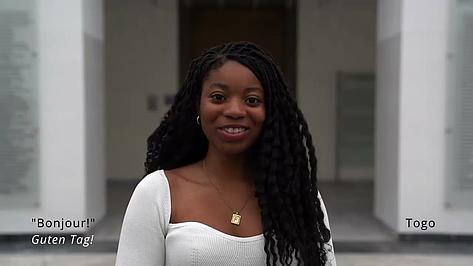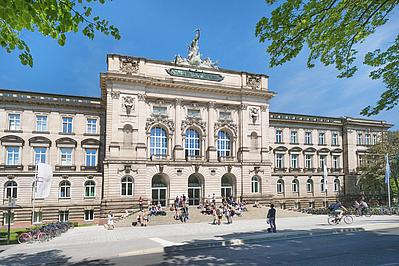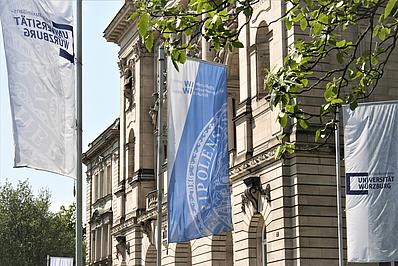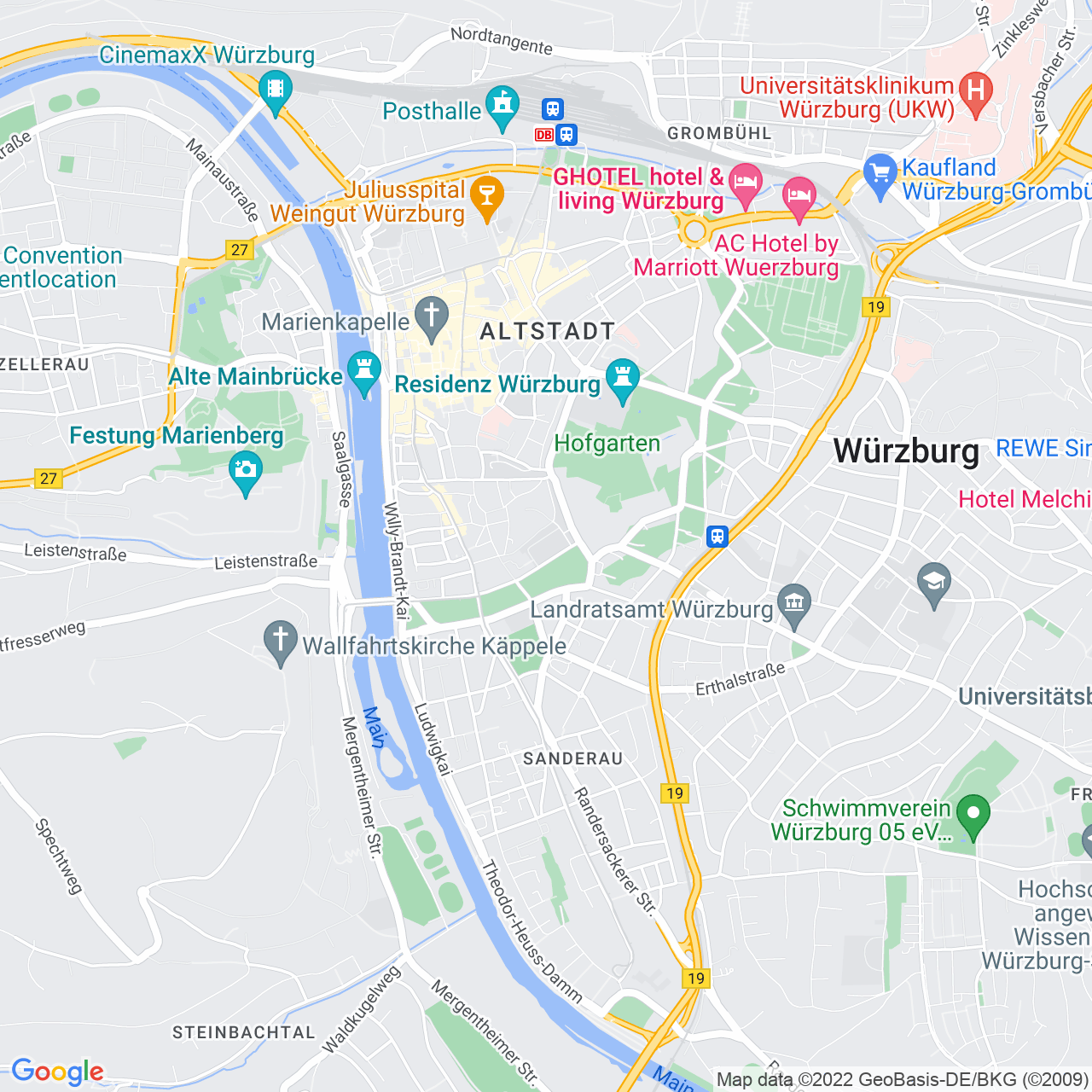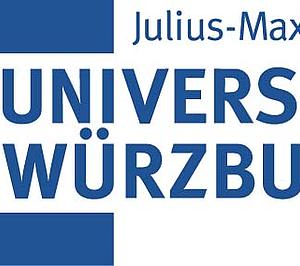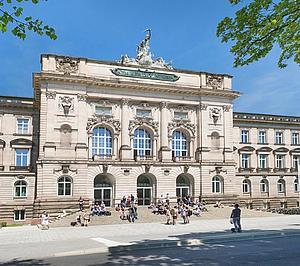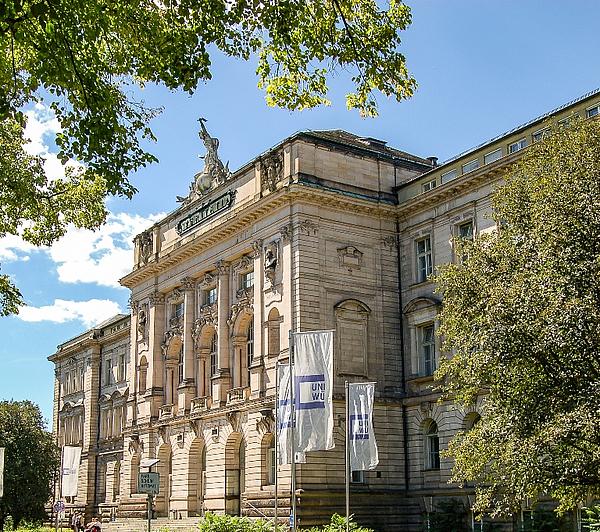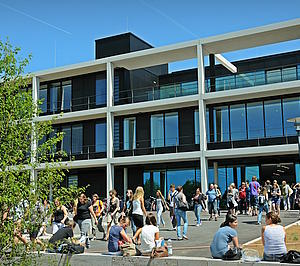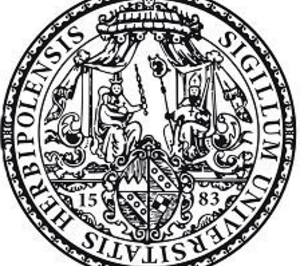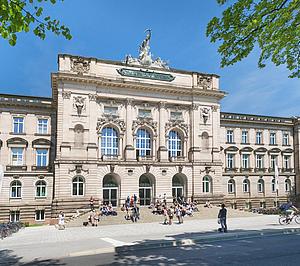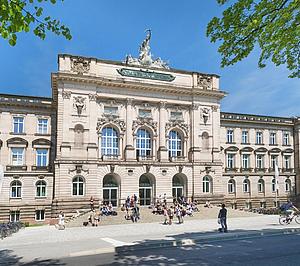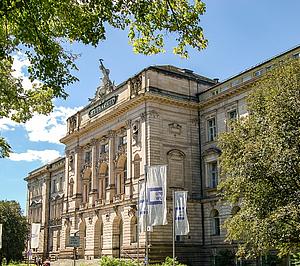Applying rigorous theoretical and empirical economic analysis
The Master's programme in International Economic Policy is an internationally oriented programme which aims at preparing students for applying rigorous theoretical and empirical economic analysis to a wide range of issues relevant for business and public policy. Students successfully completing this programme will receive a legally accredited Master’s degree in International Economic Policy, which serves as a stepping stone for a professional career in the private or public sector or an academic career.
The MSc International Economic Policy is a two-year programme over the course of which students accumulate 120 ECTS credits. The programme can be started in October (winter term) or in April (summer term). Students have to select four courses from the Core area (20 ECTS credits), eight courses from the Core Elective area (40 ECTS credits) and four courses from the Elective area (20 ECTS credits). In contrast to the narrowly defined Core area and Core Elective area, the Elective area includes a broad range of courses in economics and business, as well as courses taken at partner universities and specific project seminars.
While some of the Core Elective and Elective courses are taught in German, the programme requirements can be entirely met with courses taught in English. The programme is completed with a policy-oriented or research-oriented seminar (10 ECTS credits) and the Master’s thesis (30 ECTS credits).
The programme offers its students a high degree of flexibility regarding the individual arrangement of the study plan. Following the study plan, students are gradually guided towards writing their Master’s thesis, beginning with the basic building blocks of the Core area and ending with the discussion of more specific and up-to date policy or research questions in the seminar of their own choice. The Master’s thesis, as the final requirement to be completed prior to graduation, will be written under close supervision by one of the economics researchers in the selected field.
Overview
Degree programme: International Economic Policy (M.Sc.)
Duration: 4 Semesters (120 ECTS)
Language of instruction: English, some electives taught in German
Start of Study: Winter and Summer semester
Application deadline: Winter semester: July 15th, Summer semester: January 15th
Application: online application
Subject Description: You can find a list of all courses in your examination regulations in the following document.
Study Abroad: one or two semester at our partner universities
Studying abroad
Studying abroad is not only a good opportunity to get to know the people, culture and language of another country - it is very valuable for academic education as well as for personal development.
Studying at a foreign university is therefore actively encouraged by the Faculty of Business and Economics. For example, students receive support through:
- an information event at the beginning of each semester
- a dedicated contact person at the faculty for stays abroad
- individual advice on finding a suitable partner university
- tips on finding an apartment
Best of all: after prior consultation and review, many courses taken abroad can be recognized within the Master's program.
You can find more information about studying abroad on the International page.
Career Perspectives
Graduates from the programme International Economic Policy have excellent job prospects in a wide range of careers in various fields. Depending on their study focus, they may work in private businesses, international organizations or public institutions where experts are needed with a broad international economics background. Economists work in
- managerial positions in large private companies and multinational corporations as well as in consulting,
- international organizations as analysts or researchers at the IMF, central banks as well as various UN and EU organisations,
- national ministries, governmental agencies and public organisations such as trade unions, employers’ confederations or industry associations,
- non-governmental organisations (NGOs) which focus on consumer, environmental or development issues.
Economists with a strong theoretical or methodological orientation and interest may continue academic work in universities or research institutes.
The city Würzburg
Nearly one in four of Würzburg's 128,000 inhabitants studies at one of the city's universities. Würzburg offers the cultural opportunities of a large city and the charm of a university town. In addition to concerts and scene events, a variety of theater stages and numerous festivals and events, the city on the banks of the Main River has much to offer that enriches student life.
Africa Festival, Umsonst&Draußen, Stramu (street music festival), Stadtfest, Mozart-Fest and HonkyTonk are just a few of the many highlights that invite you to visit.
Admission requirements
Bachelor degree with proven competences in economics, business management, mathematics and statistics. Proof of English skills at least B2 level of the CEFR (this is equivalent to German Gymnasium Grundkurs level). The minimum professional competencies must be present at the time of application. If you do not meet the minimum professional competencies, please contact us and we will review your options.
Applications are made via the online application portal.
Application deadline:
- Winter semester: July 15th
- Summer semester: January 15th
Master of Science (ID 272503)
1. Semester
- Core (20 CP)
- Core Electives (40 CP)
2. Semester
- Core (20 CP)
- Core Electives (40 CP)
- Electives (20 CP)
3. Semester
- Core Electives (40 CP)
- Electives (20 CP)
- Seminar (10 CP)
4. Semester
- Thesis (30 CP)

